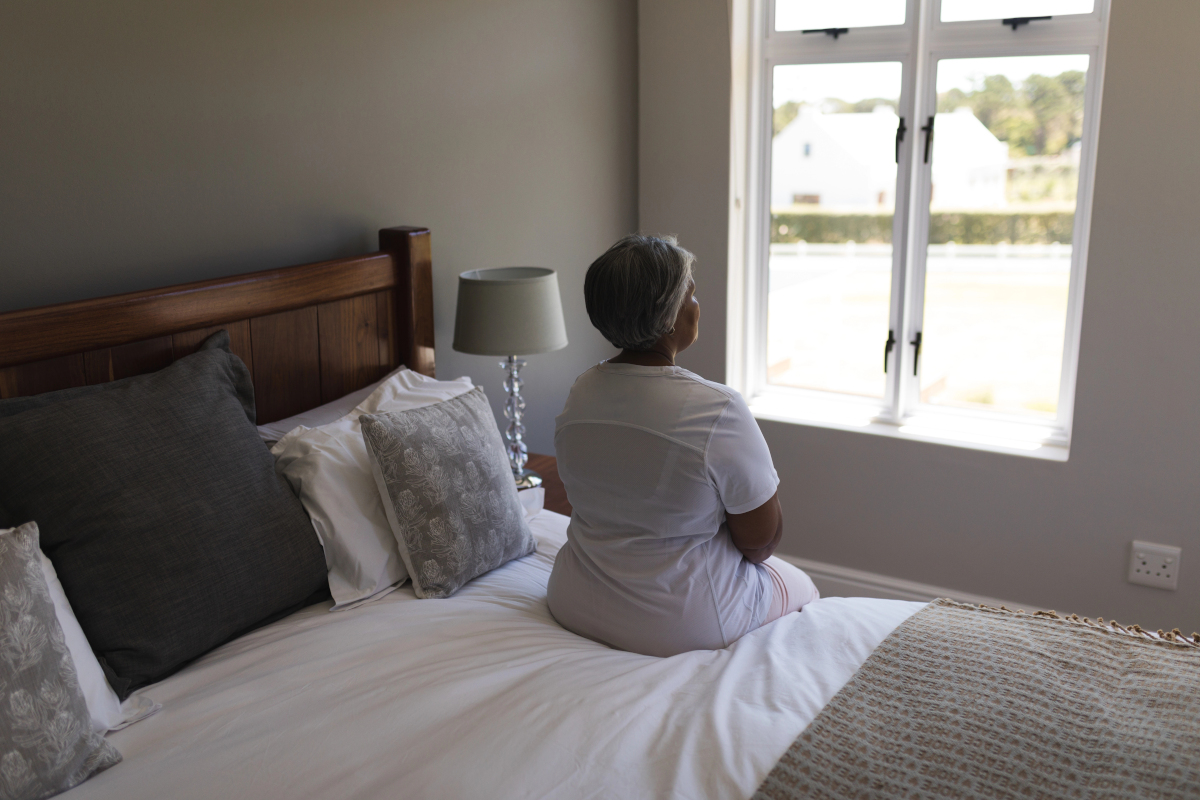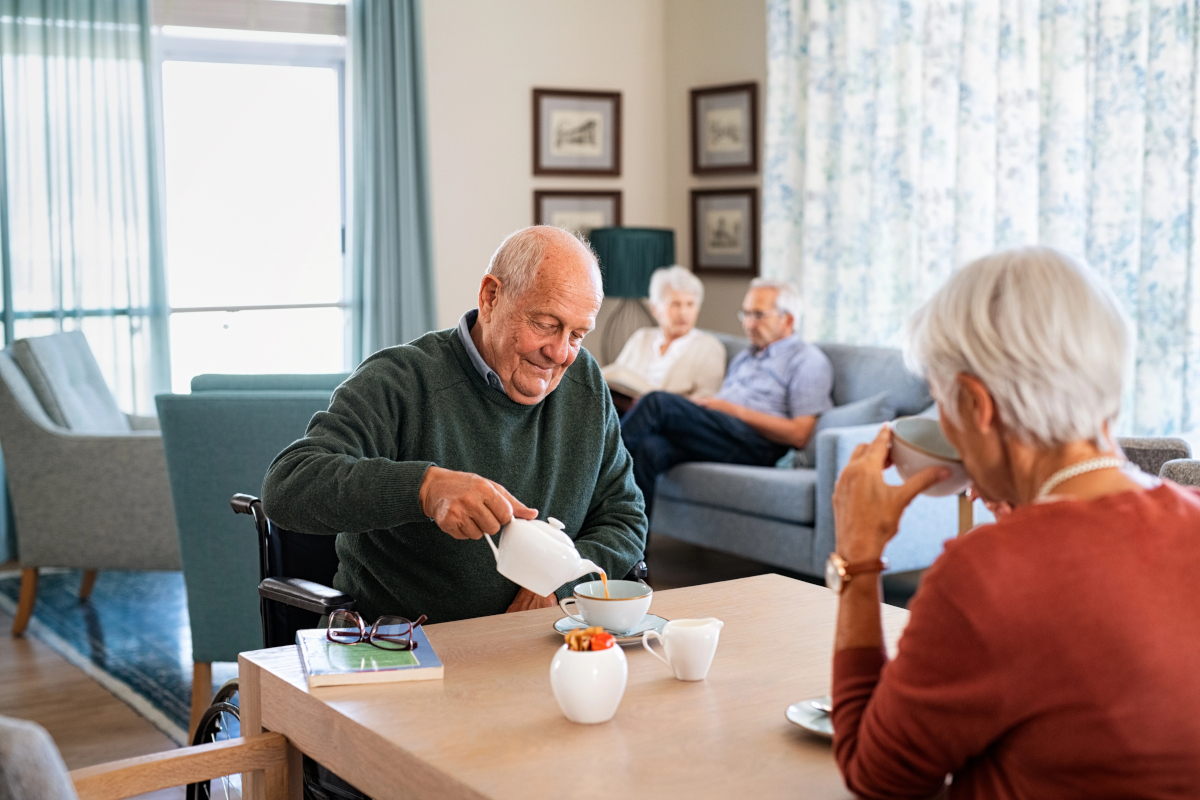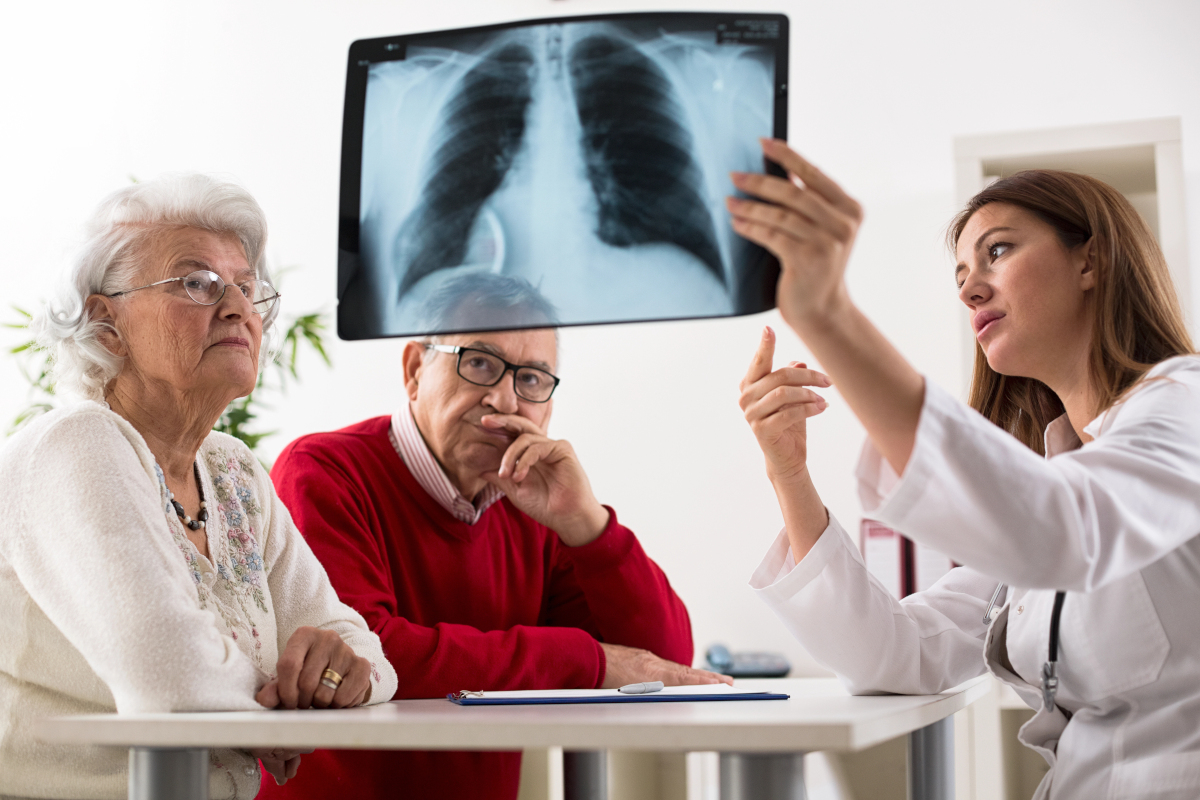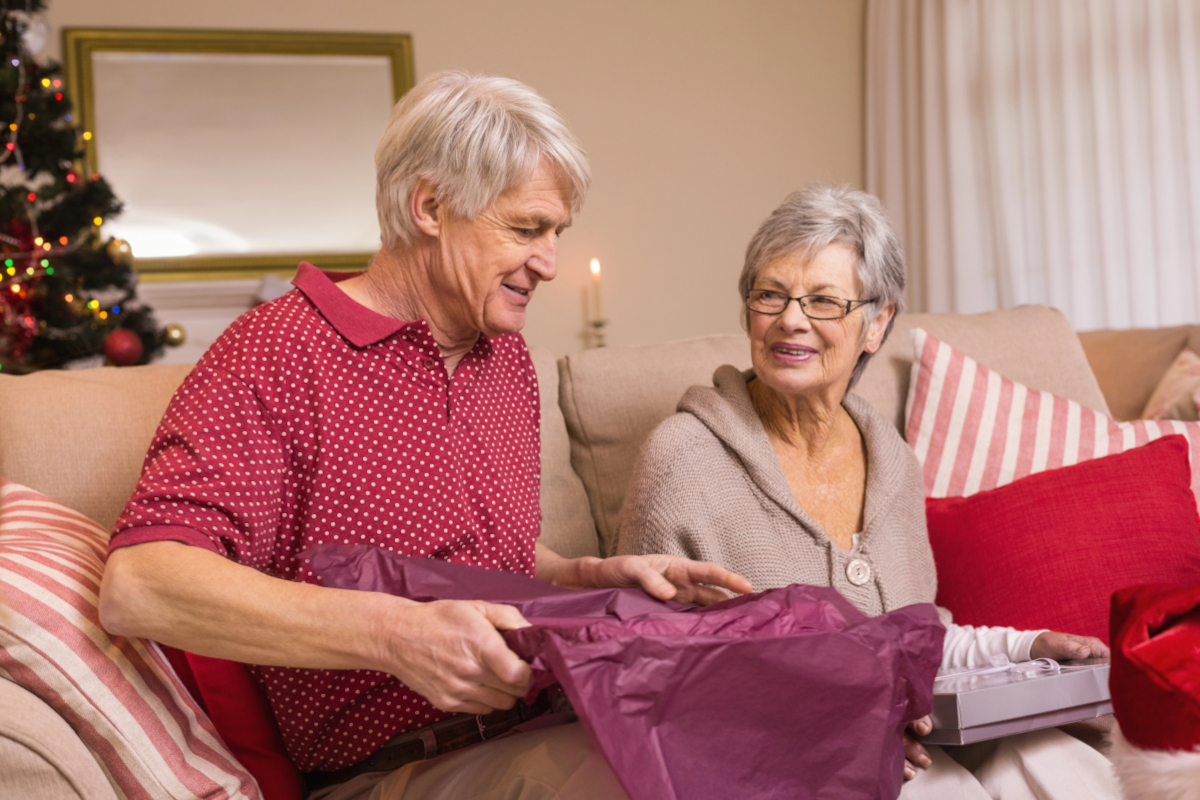The COVID-19 pandemic is a concern for people of all ages. While even young people have become infected and even lost their lives to the virus, older adults are typically in the higher risk group.
According to the Centers for Disease Control and Prevention (CDC), “The risk for severe illness from COVID-19 increases with age.”
The CDC classifies severe cases as those that require a hospital stay, intensive care, or use of a ventilator to breathe. These factors indicate that the patient could be in danger of losing their life. The CDC website also states that the “greatest risk for severe illness from COVID-19 is among those aged 85 and older.”
People in or close to this age group often live in nursing homes or assisted living communities. That’s why it’s even more important to ensure that everyone residing in and visiting these places takes precautions to avoid introducing the virus to residents.
Whether you are an older adult, plan to visit an aged loved one, or are responsible for the care of a senior, you need to know the following to mitigate the risk of infection.
- Stay Away from People Who Are Ill
Unfortunately, people who are sick may still go out in public or go to work. They may not be a severe case or may not realize that their symptoms could be from the virus. If you know someone who is showing the symptoms of being ill, stay away from them. They should remain as isolated as possible until they are well again and have been cleared by a medical professional.
Many assisted living facilities and nursing homes have enacted strict visitor policies to help prevent the chances of this scenario happening.
- Use Social Distancing Rules
If the facility that you or your loved one live in has added social distancing rules, follow them. If you live at home, then you should follow the CDC guidelines.
The term “social distancing” refers to maintaining space between yourself and others. The CDC recommends at least 6 feet between people (or two arm lengths) when you are around anyone that does not live in your household. More space in between is better.
- Have Gloves and Masks Available
Have disposable gloves on hand as well as face masks. You should have these items even if you do not plan to go out in public. They may be necessary in case you have to leave during an emergency.
Remember that gloves can still spread germs if not changed out frequently enough. At home, they should primarily be worn when cleaning or caring for a sick loved one. If you are going out to run errands, then frequent hand washing is usually the better option.
- Wash Your Hands Often
You should wash your hands often. Germs can be spread from the skin to other surfaces. The more often you wash, the less likely you are to spread coronavirus. When washing, make sure you use soap and water for a minimum of 20 seconds.
If you don’t have access to soap and water, you can instead use a hand sanitizer. This is usually a gel or foam product that you rub on your hands to help keep them clean.
The CDC states that hand washing is better and more effective at eliminating more germs and viruses. If you have the option, wash your hands. However, if you can’t wash your hands, sanitizer is the next best thing. Look for hand sanitizer with an alcohol concentration of at least 60% and follow the instructions on the package to use.
- Don’t Cough or Sneeze in the Open
If you need to cough or sneeze, do so into your sleeve or arm. You should avoid coughing or sneezing into the open. Doing so allows germs from inside your mouth and nose to travel longer distances.
This should be done even if you don’t think you are infected with coronavirus. Some people are asymptomatic and can still spread the virus without showing symptoms. Others could be pre-symptomatic which means that they are infected but haven’t shown symptoms yet.
- Do Not Touch Your Mouth, Nose, or Eyes
Do not touch your mouth, nose, or eyes. These are areas where the virus can enter your body. Make sure the people in your household or seniors that you provide care for know to avoid doing this as well.
This can be a difficult habit to break and may take some effort to remember. Some people wipe their eyes or touch their mouths when they are stressed. Try replacing the habit with a new one, like writing your thoughts down on paper or gently tapping your leg instead.
- Maintain a Healthy Lifestyle
A healthy lifestyle is good even when there isn’t a global pandemic. With health being a big concern right now, all seniors need to maintain nutritious diets and exercise. The stronger the body is, the better equipped it will be to fight off infection if it must.
Social distancing can create obstacles if you are used to going out and doing physical activity to stay fit. Come up with new ways to exercise at home. There are online fitness programs as well as things that you can do indoors or in your yard to help you stay active.
- Keep Your Living Space Clean
Cleanliness is another essential component in the fight against COVID-19. Your home should be sanitized, especially surfaces that are touched often like doorknobs, countertops, and cupboard handles.
If someone in your home contracts coronavirus, they should be isolated, and the living space should be disinfected. Regular cleaning is good for general maintenance because it removes germs and viruses. However, disinfection destroys them.
Your assisted living community can share more information on the COVID-19 cleaning services that are available to keep you or your loved one safe.
What Should I Do If I or a Loved One Feel Sick?
If you or a loved one feels sick, you should seek medical attention immediately. Even if the symptoms seem minor, it’s best to get confirmation. You may be asked to take a COVID-19 test so that your doctor can determine the best treatment options.
You should also immediately isolate yourself from others, including those in your household. Your family members may not be infected yet. This step should be taken right away, even if you haven’t been tested. Once you verify that you do not have coronavirus, then you can talk to your doctor about whether you need to continue quarantining.
You should also continue using the recommendations and guidelines listed above as well as those published by the CDC to protect yourself and those around you.
Don’t Forget About Mental Health During COVID-19
Mental health has a direct impact on healing. If you are a senior, make sure you take care of your mental wellbeing during this time. If you are the loved one of an older adult make sure you check in with them and monitor their emotional health.
Isolation can lead to depression. Social distancing forced many people to experience more isolation than usual. Be mindful of how this can affect mental and emotional states and take steps to keep spirits high. Some good ways to do that include:
- Schedule online video chats with apps like FaceTime or Zoom
- Send messages or small gifts to brighten a loved one’s day
- Engage in your favorite hobbies at home or discover new hobbies
- Enroll in online classes to stimulate the mind and personal growth
- Read a new book or magazine, or use an e-reader to access more titles
- Plan “social distancing” visits where you remain outdoors or at a safe distance
Pinnacle Peak assisted living home wants to help all seniors cope with the changes brought on by COVID-19. If you have questions or want to learn more, visit our Resources & Blog page or contact us for information on senior living services.




